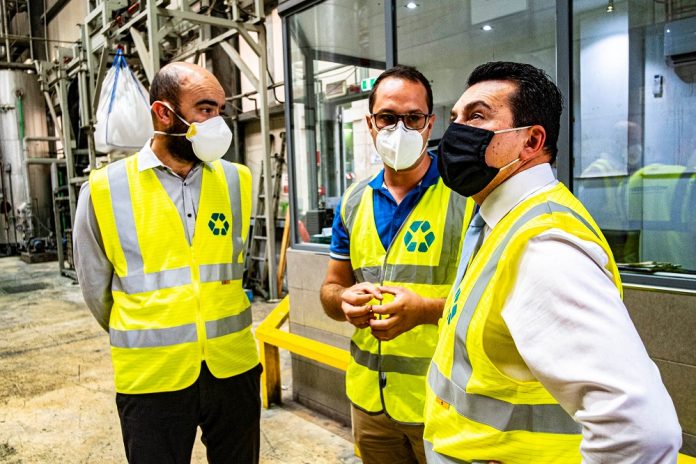The process for a new high-level plant to replace the Marsa incinerator has started, as the first tender combo regarding design and environmental studies are set to be issued in the coming days, Minister for the Environment, Climate Change and Planning Aaron Farrugia announced.
During a visit to the Marsa incinerator, the Minister outlined the Government’s vision for a completely revamped waste management infrastructure with the announcement of a new Thermal Treatment Facility for the treatment of clinical waste through an investment of €50 million.
The new facility will incorporate the best available technology. This will not only guarantee the ideal environmental performance but also the potential of green energy generation through the incineration process. In fact, it will be complementing the waste-to-energy plant and the organic waste plant which will be developed within ECOHIVE in the coming years.
Minister Farrugia explained that this project will bring about a substantial leap in the quality of life. He said that while the inconvenience will be removed from Marsa, the modern technology that will be used in the new plant will ensure that the surrounding areas are not negatively impacted. At the same time, the plant will be located in the same area as the other plants, thereby quashing the environmental repercussions of transportation between one facility and another around the country. This is another step forward towards a circular economy environment, the Minister said.
Until the new plant is available, WasteServ will continue investing in new measures to minimise the inconvenience caused by the Marsa incinerator. A number of issues have already been addressed in the last weeks, such as the proper storage of bone meal, improvements within the foul water treatment system, and proper labeling of incoming waste, amongst others. In addition to this, more improvements are in the pipeline with industrial air deodorizers, improvements in the air scrubbing system, and other ameliorations that will make a difference to the surrounding areas.
During the visit, WasteServ CEO Richard Bilocca explained that in addition to the mentioned improvements a very important element for the incinerator to function properly was the quality of incoming materials mainly when it comes to animal by-products. Bilocca explained that WasteServ will, in the coming days, be engaging with private slaughterhouses and livestock farms to outline that with small improvements from their end, which move away from the traditional practices they may be used to, big gains can be achieved at the plant. Unfortunately, waste was still largely contaminated by plastics that damage the plant, and dead animals and animal by-products are often delivered in an advanced state of decay.
“The improvement of the facility requires collective action, and WasteServ is determined to deliver this in the shortest possible timeframes as preparations for the construction of a new state of the art facility are in full swing and being held simultaneously,” Bilocca said.
Photo: MECP










